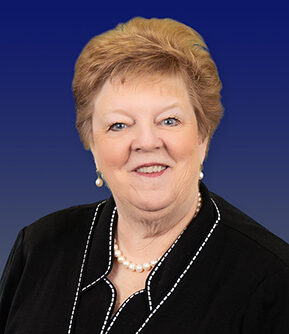DOJ Charges Emphasize Importance of Telemedicine Provider Compliance
The enormous surge in the use of telemedicine as a result of the COVID-19 pandemic has also resulted in increased attention by federal regulators to potential fraud and abuse schemes by telemedicine providers. Medicare beneficiaries’ use of telemedicine services has increased almost 4,000% in the last six months. Experts estimate that telemedicine could skyrocket from a $3 billion annual business to more than $250 billion in annual revenues.
Even before the pandemic, the government had focused attention on potentially fraudulent telemedicine arrangements and had conducted audits that revealed almost one-third of all telehealth claims did not meet regulatory requirements. The Department of Justice (DOJ) has continued to investigate both billing fraud and potential Anti-Kickback statute violations.
On September 30, 2020, the DOJ announced, in what the agency called the largest health care fraud takedown in history, that it had charged 345 people, including doctors, nurses and other medical professionals, across 51 federal districts in connection with various health care fraud schemes involving more than $6 billion in fraudulent charges. Of these fraudulent charges, more than $4.5 billion involved telehealth fraud.
According to court documents, 86 defendant telehealth executives allegedly paid doctors and nurse practitioners to order unnecessary durable medical equipment, genetic and other diagnostic testing, and pain medications, either without any patient interaction or with only a brief phone conversation with patients they had never met or seen.
In one COVID-19-related arrangement, a telehealth company allegedly collected illegal kickbacks from laboratories in exchange for referring completed COVID-19 and Respiratory Pathogen Panel tests, which reimburse at a much higher rate than standard COVID-19 tests. Often times, the prescriptions for COVID-19 testing were also paired with medically unnecessary testing for genetic markers for cancer.
Recognizing the utility of telemedicine but also the ripe opportunity for malfeasance, HHS Deputy Inspector General Gary Cantrell said, “[t]elemedicine can foster efficient, high-quality care when practiced appropriately and lawfully. Unfortunately, bad actors attempt to abuse telemedicine services and leverage aggressive marketing techniques to mislead beneficiaries about their health care needs and bill the government for illegitimate services.”
Providers need to be vigilant about the telemedicine relationships they create to ensure that the telemedicine providers can provide the necessary services, benefit economically and remain in compliance with the law. Providers should:
- Carefully consider any telemedicine vendor relationships and how the provider will be paid and structure arrangements for compliance with applicable Anti-Kickback statute safe harbors;
- Set guidelines and policies for the appropriate use of telemedicine and the documentation of those services; and
- Periodically review the volume of telemedicine services by provider to ensure medical necessity.
Telemedicine is a great and effective tool that benefits patients and providers alike when used appropriately and in compliance with applicable laws and rules. Telemedicine providers must stay attentive to compliance to avoid the scrutiny of regulators.


